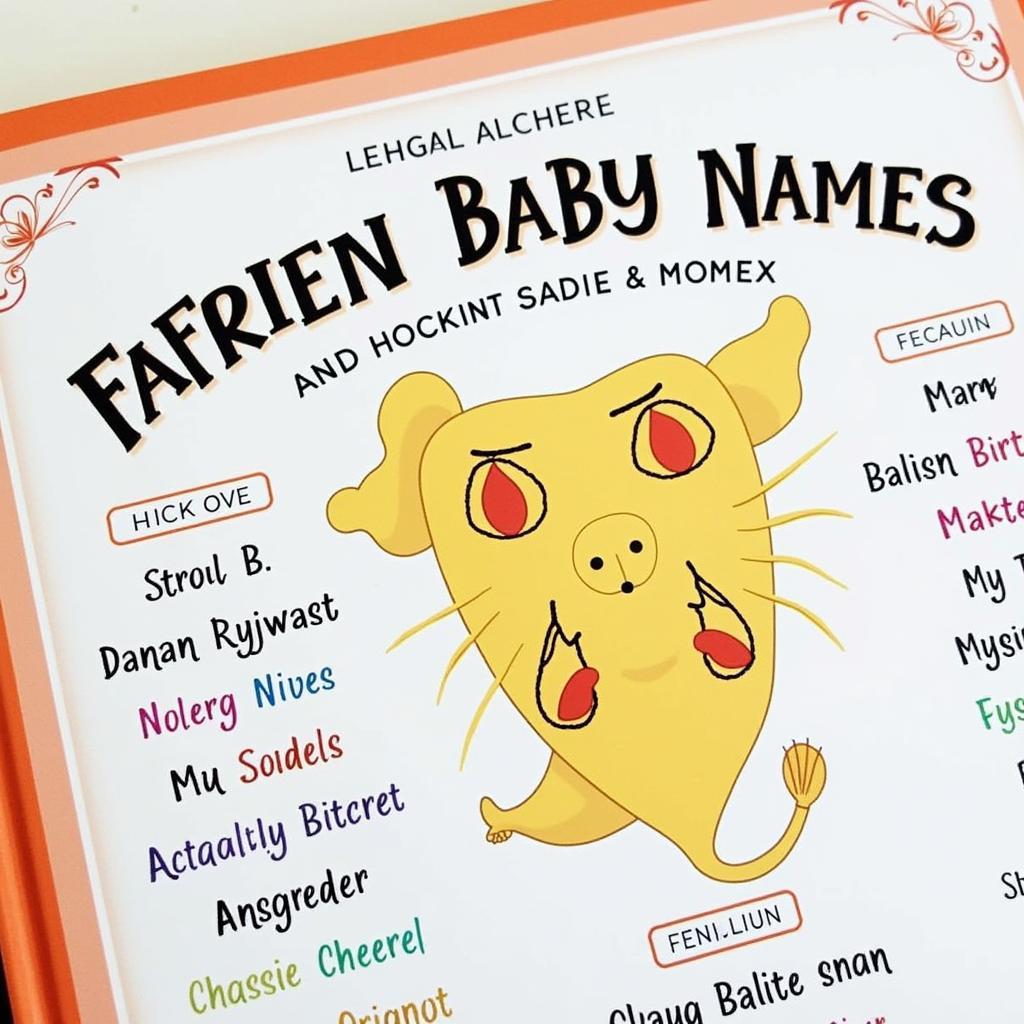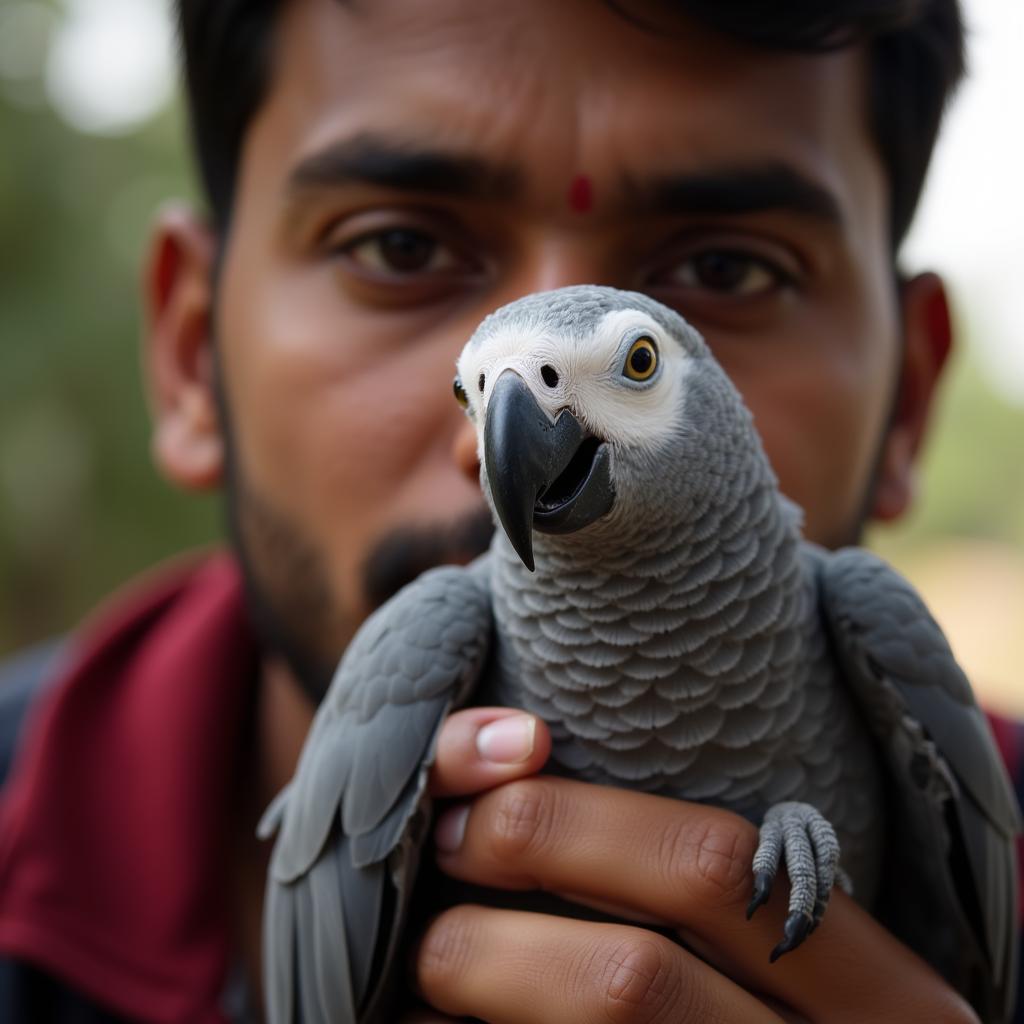Unveiling the Realities of African Jungle Woman Life
The term “African Jungle Woman Life” often conjures up romanticized images of a life untouched by modernity. However, the reality is far more nuanced and diverse. This article delves into the complexities and realities of women living in close proximity to African jungles, exploring their roles, challenges, and contributions to their communities. We’ll move beyond the stereotypes to understand the true essence of their lives.
The Diverse Roles of Women Connected to the African Jungle
Women living near African jungles play a crucial role in their communities, often holding responsibilities that are both demanding and essential. These roles are far from monolithic and vary significantly depending on the specific community, its cultural practices, and its geographical location. From agriculture and food gathering to childcare and community leadership, their contributions are vital to the survival and prosperity of their people. Their deep knowledge of the natural world, passed down through generations, is invaluable.
For example, many women are responsible for cultivating crops and gathering wild plants, providing sustenance for their families and communities. This intimate connection with the land allows them to understand its rhythms and utilize its resources sustainably. Additionally, they often possess extensive knowledge of traditional medicine, using plants and natural remedies to treat illnesses. Their expertise in this area is often crucial in communities with limited access to modern healthcare. Beyond these practical skills, women also play important roles in preserving and transmitting cultural traditions, through storytelling, music, and crafts.
Challenges and Adaptations in the African Jungle
Life near the African jungle presents unique challenges, from navigating difficult terrain and unpredictable weather to facing the threat of wildlife and dealing with limited access to resources like clean water and healthcare. Women often bear the brunt of these challenges, working tirelessly to overcome them and ensure the well-being of their families. Their resilience and adaptability are truly remarkable.
Access to education and economic opportunities can also be limited, further compounding the difficulties faced by women in these communities. However, despite these obstacles, they continue to demonstrate incredible strength and resourcefulness, finding innovative ways to adapt and thrive in their environment. They are the backbone of their communities, driving progress and ensuring cultural continuity. For more on life in the jungle, check out African Jungle Man Woman.
Preserving Cultural Heritage and Embracing the Future
Women living in proximity to African jungles play a critical role in preserving their rich cultural heritage. Through oral traditions, crafts, and rituals, they pass down knowledge, values, and customs to future generations, ensuring the continuity of their unique cultural identity. They are the keepers of their history and the guardians of their future.
At the same time, they are also embracing the challenges and opportunities of the modern world. Many women are actively seeking ways to improve their lives and the lives of their communities, advocating for better access to education, healthcare, and economic opportunities. They are agents of change, working to bridge the gap between tradition and modernity.
Conclusion: Celebrating the Strength and Resilience of African Jungle Women
The lives of women connected to the African jungle are complex, challenging, and deeply intertwined with the natural world. They are far more than just “jungle women”—they are mothers, farmers, healers, leaders, and keepers of cultural traditions. Their strength, resilience, and contributions to their communities are invaluable and deserve to be recognized and celebrated. This article has only scratched the surface of “african jungle woman life,” but hopefully, it has provided a more nuanced understanding of their reality.
FAQ
- What are the primary roles of women in jungle communities?
- How do these women adapt to the challenges of their environment?
- What is their role in preserving cultural heritage?
- How are they engaging with the modern world?
- What are some common misconceptions about “african jungle woman life”?
- What can be done to support these women and their communities?
- Where can I learn more about specific African cultures?
If you are interested in learning more about related topics, you might find these articles helpful: African Man Sex, Easy African Drawings, or African Jungle Woman Without Dress. You can also delve into the topic of African Jungle Woman Sex.
For further support, please contact us at Phone: +255768904061, Email: kaka.mag@gmail.com or visit our office at Mbarali DC Mawindi, Kangaga, Tanzania. Our customer service team is available 24/7.

